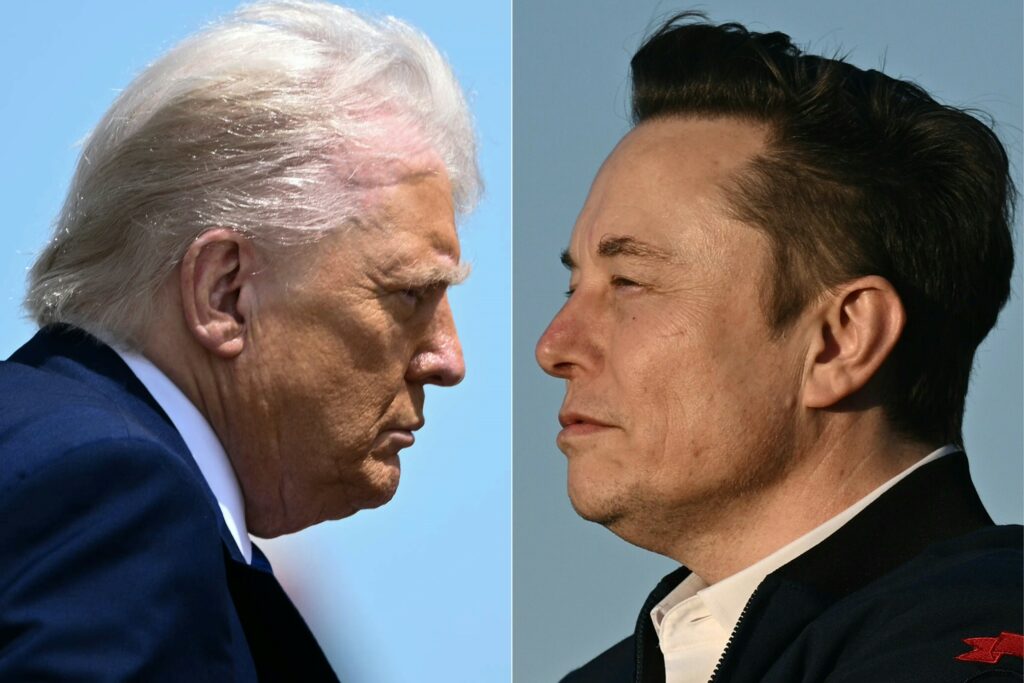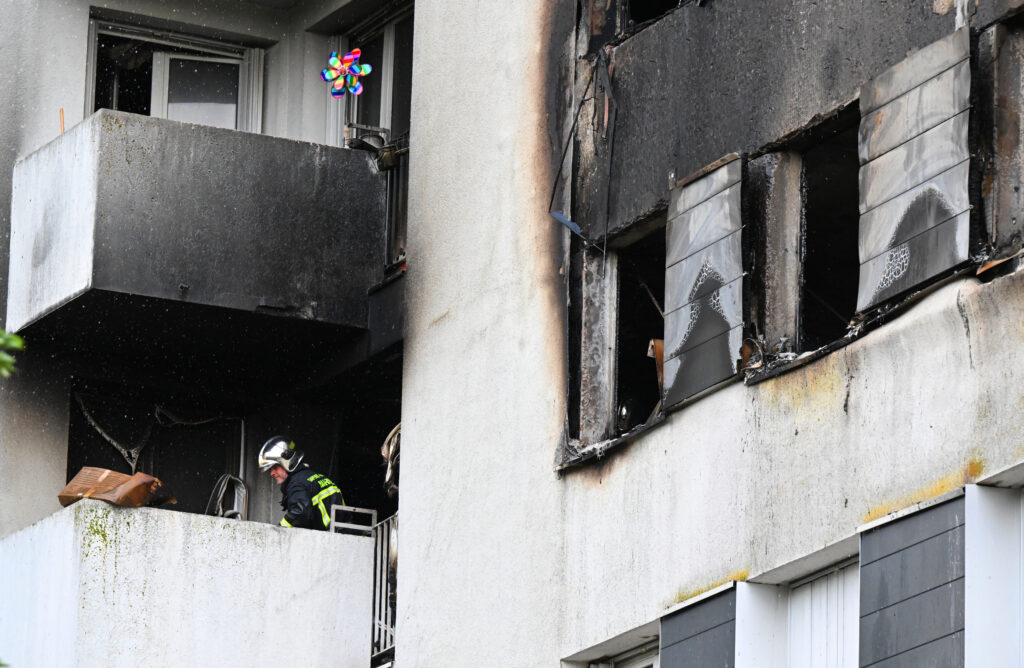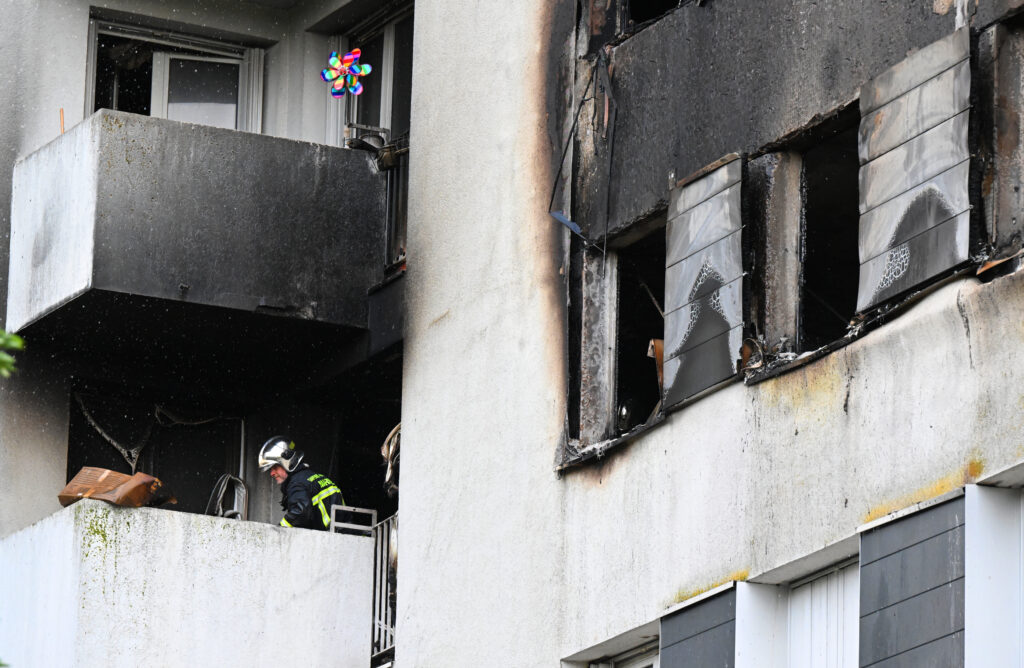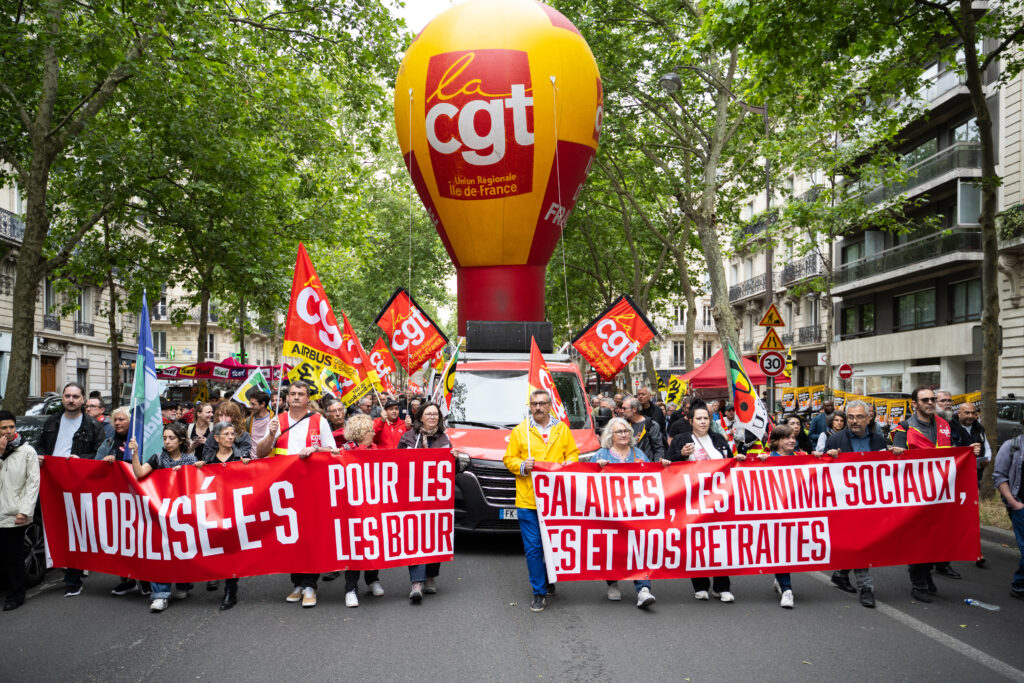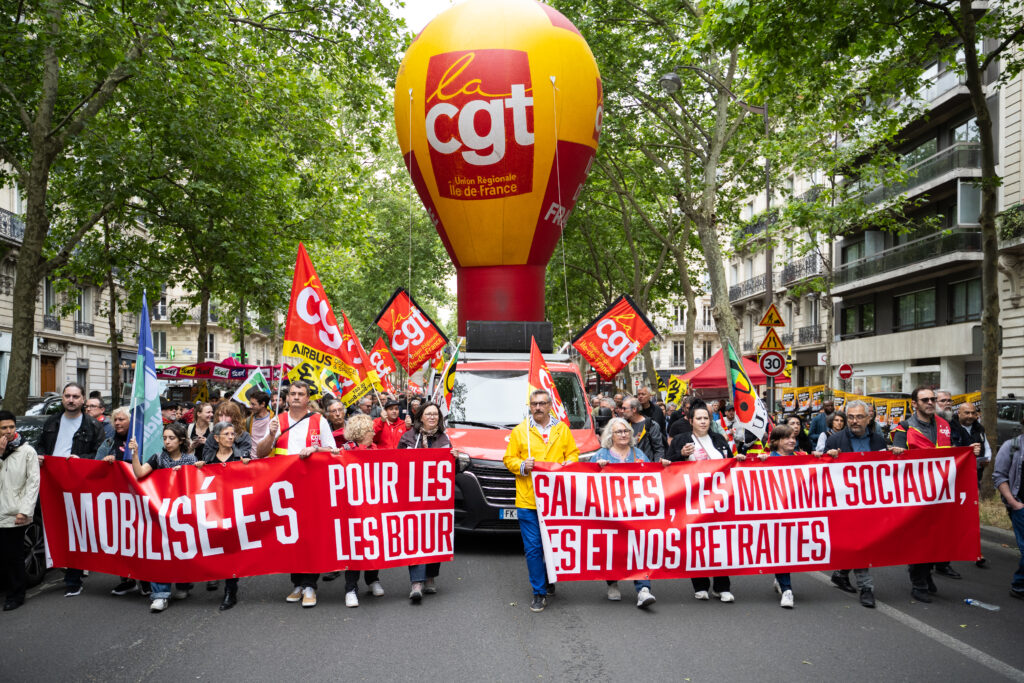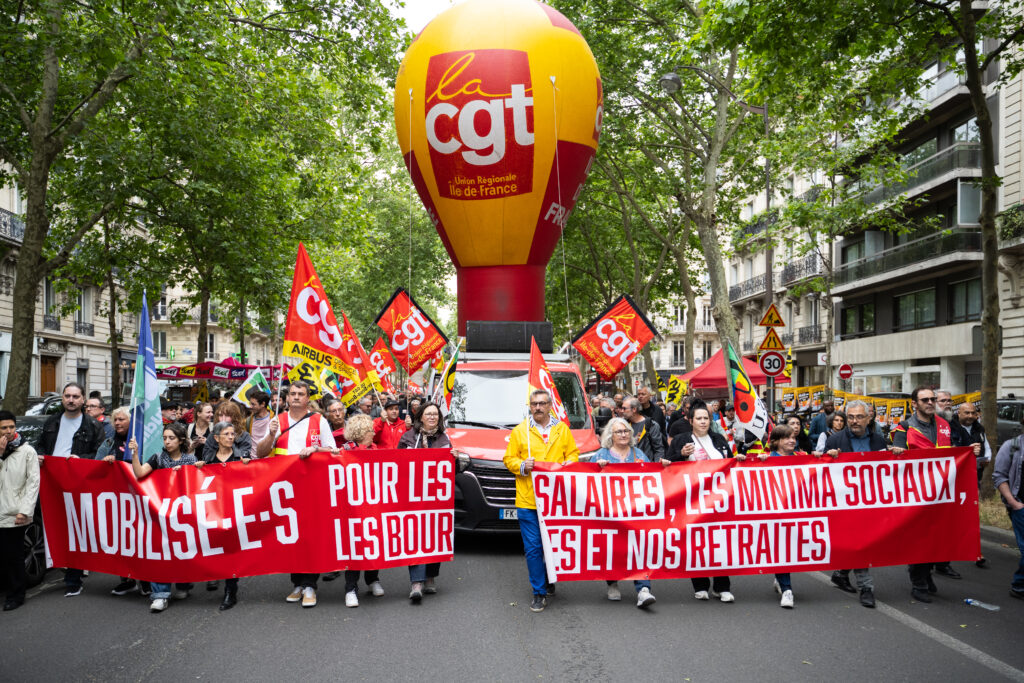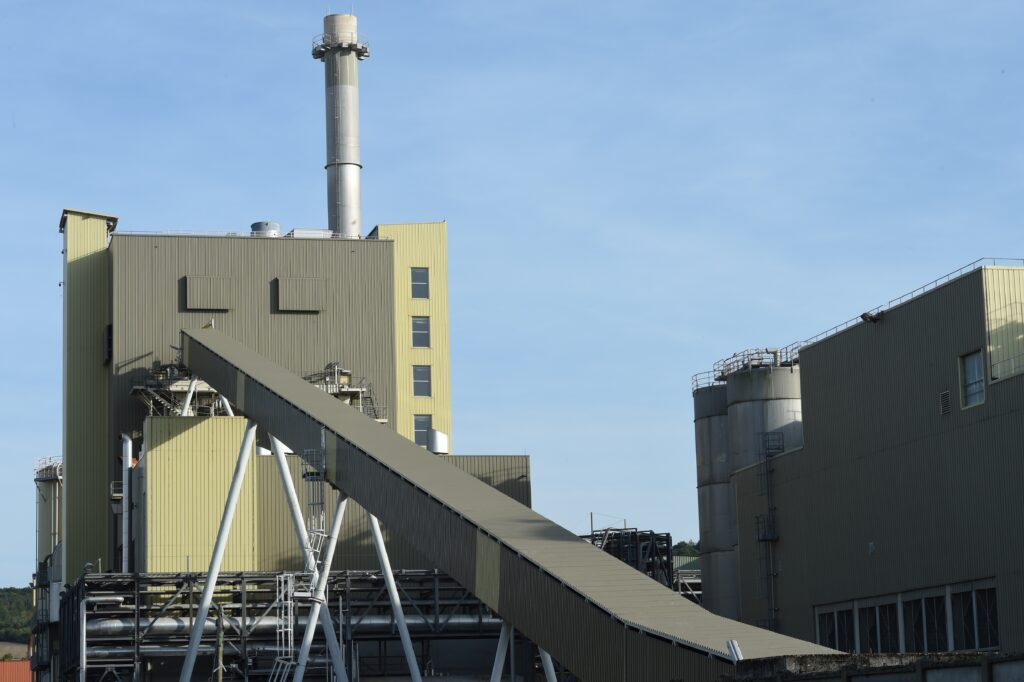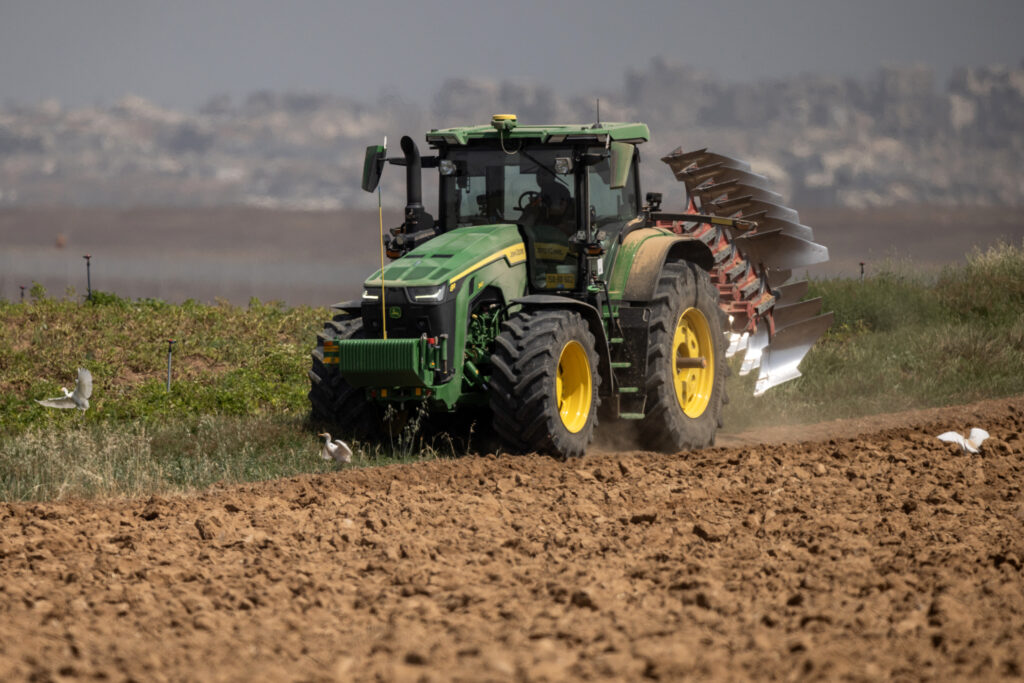Musk supprime un post incriminant Trump dans l’affaire Epstein
Le multimilliardaire Elon Musk a supprimé un post sur X publié au plus fort de sa dispute avec le président américain Donald Trump, dans lequel il l’accusait d’être impliqué dans l’affaire Jeffrey Epstein, du nom d’un financier accusé d’exploitation sexuelle de mineures.”Il est temps de lâcher la grosse bombe: (Trump) est dans les dossiers Epstein”, avait posté jeudi le richissime entrepreneur sur le réseau social X, qu’il possède, au moment où ses désaccords avec le républicain dégénéraient en violente prise de bec publique.”C’est la véritable raison pour laquelle ils n’ont pas été rendus publics”, avait-il poursuivi, souhaitant sur un ton ironique et acerbe une “bonne journée” au président.En réponse, la Maison Blanche s’est contentée de qualifier ces attaques de “regrettables”, le président américain disant pour sa part penser que l’entrepreneur avait “complètement perdu les pédales”.L’homme le plus riche du monde n’a pas apporté de preuve à ses accusations, mais il a republié une vidéo datant de 1992 dans laquelle Donald Trump et Jeffrey Epstein semblent plaisanter lors d’une soirée.Ces messages n’étaient plus visibles sur son compte samedi matin.D’autres posts écrits ou partagés par le milliardaire, dont l’un appelait à destituer Donald Trump, ont également été supprimés.L’histoire de Jeffrey Epstein, un financier américain au coeur d’un vaste scandale international de crimes et d’exploitation sexuels qui s’est suicidé en prison en 2019 avant d’être jugé, alimente de nombreuses théories complotistes et obsède une partie de la droite radicale américaine.Le gouvernement de Donald Trump s’est engagé à “lever le voile” sur cette affaire “répugnante” et a rendu public en février de nombreux documents du dossier, mais pas son entièreté.Selon certains partisans du président républicain, des célébrités et des personnalités politiques proches d’Epstein seraient impliquées. Si les liens amicaux passés entre ce dernier et Donald Trump sont connus depuis longtemps, le président américain a toujours nié avoir passé du temps dans la propriété d’Epstein sur les îles Vierges américaines où, selon les procureurs, le financier se livrait à un trafic sexuel avec des jeunes filles mineures.Donald Trump, qui était le voisin d’Epstein en Floride et à New York, l’avait qualifié au début des années 2000 de “type formidable”. “C’est très amusant d’être avec lui. Il se dit même qu’il aime les belles femmes autant que moi, et beaucoup d’entre elles sont très jeunes”, avait-il déclaré au New York Magazine.En 2024, une juge de New York avait dévoilé des noms de contacts, connaissances, proches, victimes ou complices présumés de Jeffrey Epstein, parmi lesquels figuraient Donald Trump ou l’ancien président démocrate Bill Clinton – sans mention du moindre comportement illégal ou répréhensible de leur part.Si Donald Trump et Elon Musk ne semblent pas prêts de se rabibocher après leur rupture, dont les conséquences politiques et économiques pourraient être lourdes, la situation a semblé quelque peu s’apaiser vendredi en fin de journée.”Je lui souhaite juste bonne chance”, a déclaré le président à la presse, M. Musk répondant sur X: “De même”.
